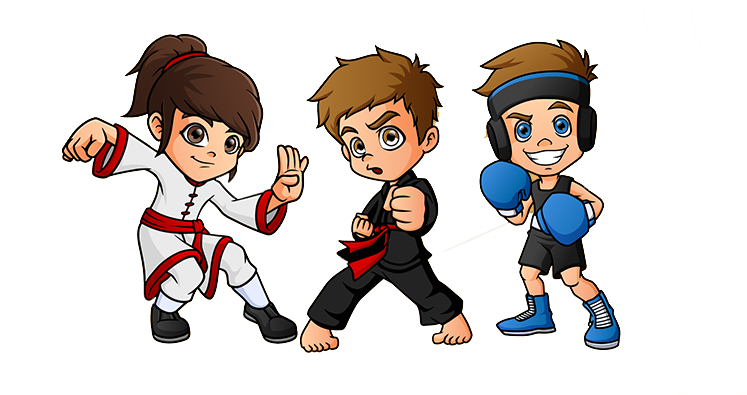Children often need help to boost their self-esteem, especially if they are struggling with school work.
Providing love and support, and giving time to talk, will help. There is also plenty more that parents can do, by praising youngsters and celebrating their successes. It could be something as simple as putting one of their paintings on the wall – or on social media, where family and friends can admire it.
Beyond that, arranging various fun activities for kids that build confidence can help. Here’s a look at five ways to do this.
1. Sport
Physical activity is hugely beneficial for kids, but sometimes they can feel nervous about highly competitive team games. Sports such as martial arts or athletics are a great alternative, as it doesn’t take much time for children to attain skills. Moving up through the levels and gaining awards is very rewarding. These activities train the mind as well as the body, helping concentration. Learning self-defence skills will help kids to feel they can cope with difficult situations. Parents and children can also take up martial arts together and swap tips. Livestrong explains the benefits.
2. Arts And Crafts
Whether it’s junk modelling, painting or woodwork, creative pastimes give kids a great sense of achievement. It’s especially beneficial if youngsters work together with others on artistic projects, as their praise of one another helps to make them feel more certain of their own abilities. PBS explains how the arts can boost self-esteem.
3. Animal Magic
Most children naturally love animals, and helping to care for pets can teach them all kinds of lessons. Interaction with cats, dogs and all kinds of other creatures helps most children to feel more happy and relaxed. If the family doesn’t have animals at home, spending time with a friend’s pets, or at a farm or zoo, can also be a boost to confidence. The Daily Mail has reported on how pets help teenagers’ confidence.
4. Board Games
There are many different board games on the market. While some are fiercely competitive, others are gentler, providing hours of family fun. Spending time together on an activity like this will help children to learn strategy. Even a younger child will enjoy being in charge of cards, counters or keeping score. This article from Buzzle explains how board games help children.
5. Music
Learning a musical instrument can help children’s mental development. Once they have mastered the basics, they will really enjoy learning more tunes. Music is well-known to relieve stress and help social skills. Performing to friends and family also helps children to feel less worried about other occasions when they might have to take centre stage, for instance when they need to speak in public. Kumon explains how music helps children’s confidence.

